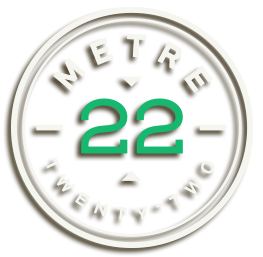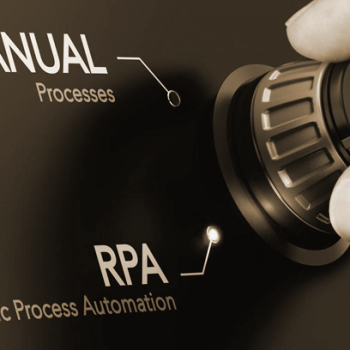
What Does The CARES Act Have to do with RPA? If You Are a Bank, Everything.
- Posted by metre22
- On May 11, 2020
- 0 Comments
On March 27, the Coronavirus Aid, Recovery and Economic Security or CARES Act became United States Public Law No. 116-136. The $2.2 trillion in aid is triple the $700 billion included in the 2008 bailout, and the U.S. government might not be done yet.
The act will create a flood of new loans for banks and an even bigger flood of administrative tasks that most banking systems are ill suited to handle. For instance, banks that are authorized SBA lenders might have thousands of new Paycheck Protection Program (PPP) loans that have to be underwritten, approved or denied, and then tracked and maybe eventually forgiven. Based on our experience with new loan servicing rules created during the 2008 mortgage and financial crisis, we are certain the burden will not be small. Back in 2008 and 2009, the programs like HARP created financial stimulus. They also created headaches for loan servicers that had to administer the new rules. These servicers often had to hire hundreds of people to handle highly mundane and manual tasks. Tracking the implementation of evolving program guidelines, managing document submittals and reviews, administering deadlines and communicating with borrowers created complexity and manual workarounds. We expect the same to be true for many of the provisions of the CARES Act. So, how can financial service organizations begin to handle the onslaught of administrative tasks coming their way? The answer: robots.
Here Come the Bots
Robotic Process Automation (RPA) actually has nothing to do with physical robots. RPA is a class of software platforms that allow organizations to automate manual knowledge tasks that are required to move information through a process. With RPA solutions from software providers, such as Automation Anywhere, you can create bots to move information from submitted forms into an enterprise software system, extract key information from multiple systems into a newly create loan portfolio database, send notifications, retrieve information from other systems and a whole host of other activities.
How might this work for some of the programs in the CARES Act? Under the previously mentioned PPP, banks are taking applications and receiving supplemental documents, reviewing them to verify payroll calculations and other PPP qualifications, submitting loan requests to the SBA through their ETran system, filling out loan docs, following up with customers for signatures, boarding the loans into a servicing system and then setting reminders for loan forgiveness. Once the covered period is over (through June 30, 2020 in the current bill), there will be steps required to manage the forgiveness process. A bot could be programmed to assist a person in completing those tasks or run completely unattended… 24/7 and with high accuracy.
What about compliance?
Another aspect of RPA is the ability to run analytics as the processes proceed. All activities are able to be fully audited. In our experience, we believe when it comes to administration of government programs like the CARES Act, the ability to audit and enforce controls for the purpose of compliance will be critical to the success of the program. All actions carried out by the bots are logged and QA checks are added into the function of the bot to double check work (such as SBA submissions) and notify teams if something fails.
Recovery in the Fast Lane
The COVID-19 virus that has ensnared the world moves at lightning speed. The far-reaching economic impact spreads equally as fast on the heels of shelter in place orders and the shuttering of non-essential businesses. We truly believe that RPA is a key ingredient to getting funds into the hands of the businesses – and people – who need them quickly and then accurately managing the administrative processes required to see the loans through their lifecycle. It can help the economic recovery, as we all hope for the quick recovery of patients and families impacted by COVID-19.
Conclusion
In summary, it is important for banks and financial service organizations to do what they can to ensure they are handling the new programs efficiently and with high accuracy. Based on our experience, we believe Robotic Process Automation can help make a difference for the businesses and their employees who need it most.




0 Comments